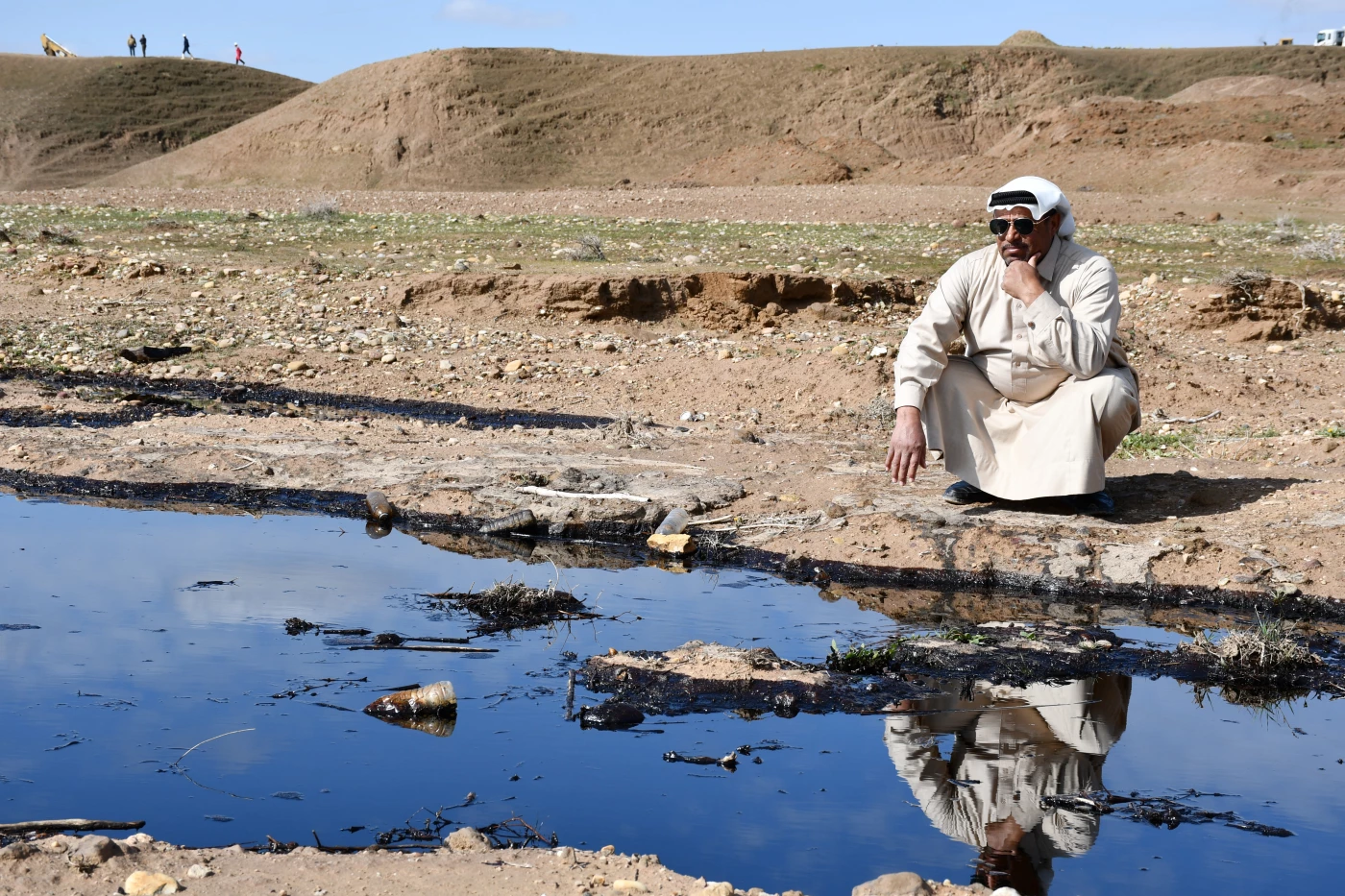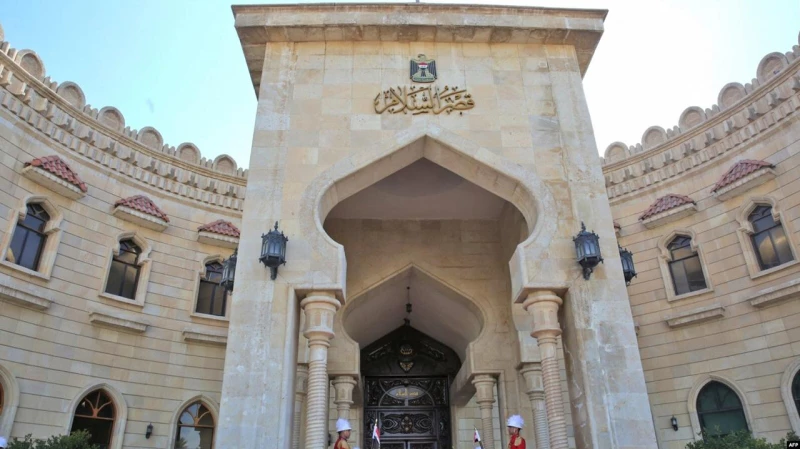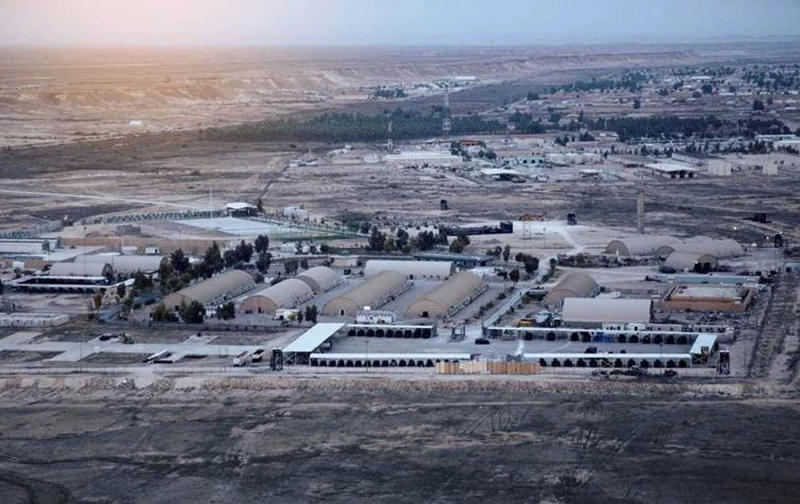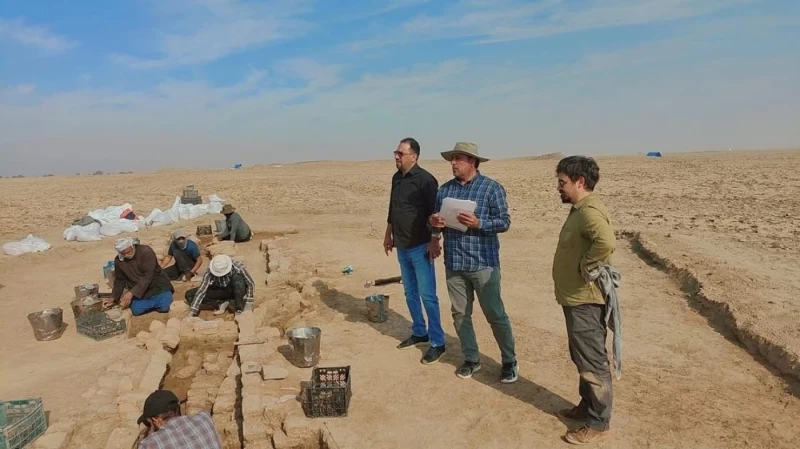Iraq aims to recycle waste into energy through two projects that would recycle 6,000 tons of waste per month, the deputy minister of environment told The New Region.
“The Iraqi government is working on signing two projects that would recycle 6,000 tons of waste into energy per month,” Jassim al-Falahi told The New Region in an interview on May 20, adding that the government has prepared an additional 22 projects as part of the federal budget’s investment expenditure, through which they will renovate waste recycling laboratories across the country.
According to Falahi, Iraq disposes around 40 million tons of waste, while it can recycle 54 percent of said waste into energy.
According to the ministry of environment, each Iraqi individual disposes of around one kilogram of waste per day.
According to a mid-2022 report by the United Nations Environment Programme, Iraq trailed only Bahrain in the Central Asia region regarding food waste.
The report revealed that an average Iraqi discards around 120 kilograms of food per year, contributing to an annual food waste tally of approximately five million tons in the country.
Data from the Karbala Municipality highlights this concern.
Throughout the period of Imam Hussein's Arbaeen pilgrimage in 2022, officials reported the collection of 149,000 tons of waste. Following the conclusion of the Arbaeen pilgrimage in September 2023, the Karbala Municipality had amassed nearly 200,000 tons of waste, deploying over 500 cleaning vehicles.
According to data from the Central Statistical Organization for the Environmental Services Sector in 2021, the total annual collection of regular waste, which includes food waste, stood at 11.2 million tons.
On average, each person generates 1.3 kilograms of waste per day, with a significant portion of this waste ending up in landfill sites lacking environmental approvals, totaling 149 landfills.
According to UNDP in 2022, “lacks real waste management infrastructure to dispose this waste in a proper way that ensures no negative environmental nor health effects, therefore, most of it gets disposed in unregulated landfills.”
The UNDP report added that such practices “end up costing Iraq a high price when it comes to its commitments to reduce greenhouse gas emissions, in addition to all the pollution of soil and water they directly cause.”
Iraq is among the top five countries most impacted by climate change. The country is a party to the 2015 Paris agreement to combat climate change and intensify efforts towards a sustainable low carbon future.



 Facebook
Facebook
 LinkedIn
LinkedIn
 Telegram
Telegram
 X
X


